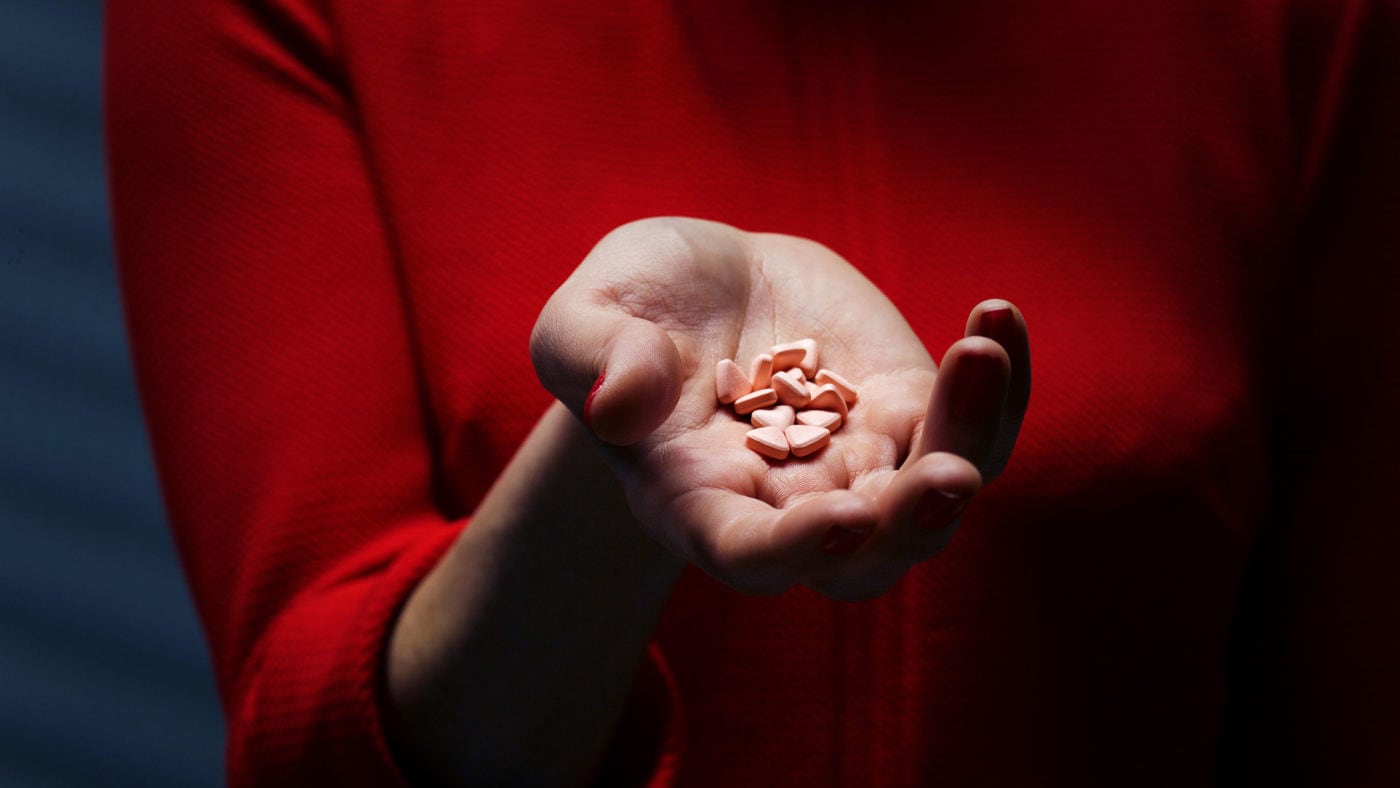Wherever the strobe lights douse the dancefloor, whenever the baseline pulsates through the sticky mass of a crowded field, ecstasy can be found. Whether as a pastel-coloured pill or a bitter tasting crystal, the drug offers an irresistible euphoria to some. But others are not so lucky.
Ecstasy – or MDMA to give it its official name – is the party drug of choice for many Brits. Since 2012 a sharp rise in ecstasy-related fatalities has seen 588 people – many of them teenagers and young adults – die after taking the drug. Despite these tragic deaths, conversations about drug reform rarely deal with MDMA, focusing instead on legalising cannabis or helping those addicted to the hardest drugs. Given the number of MDMA-related deaths in the last decade, it’s time to talk about ecstasy.
Although all drugs carry a risk of harm, MDMA is a relatively safe one. Research has found that the mortality risk from MDMA is comparable to motor sports, childbirth and mountain hiking – by some metrics it is even safer than alcohol consumption.
But if that’s the case then why have deaths risen so sharply? The answer is that the criminal market is making users less safe. The ecstasy pills taken today are so much stronger than when they exploded onto the scene in the 1990s. People are taking larger and consequently riskier doses of MDMA often unwittingly. Similarly, criminals often sell much more dangerous drugs like PMA while passing them off as ecstasy, with tragic consequences for their customers. Others, meanwhile, die because they don’t know how to use the drug safely – warning labels aren’t generally included in a criminalised market.
Prohibition has increased both the potency of ecstasy and the number of people dying. The taboo of ecstasy use reduces the opportunities for education on how to reduce harm. It also scares users from seeking medical attention when they need it for fear of getting into trouble. Furthermore, the fact that so many users of ecstasy are under the age of 18 is a damning indictment of our current system. Dealers don’t care about the age of their customers, and in a criminal market they don’t have to. Whether you are for or against legalisation, we can all agree on something — children should not be doing drugs.
So what can we do? To start with we should remember that ecstasy is fundamentally a recreational drug – people take it because they enjoy it. The fact that users are willing to risk arrest or even death suggests they enjoy very much. Legislation, however draconian, is not going to stop people using. Drug reform policies ought to focus on informing users of hazards and safety measures to ensure that those who take MDMA don’t come to harm.
A sensible system of legalisatoin would allow licensed pharmacies to sell the drug over the counter, subject to certain conditions. Users could then be given advice about how to avoid harm and basic screening could be done to tell those who shouldn’t take ecstasy – like those with heart conditions – not to do so. Regulating doses would at least mitigate the scourge of people dying by overdose, and the problem of other drugs being passed off as ecstasy would be solved entirely. We can also make sure that anyone wanting to purchase ecstasy has to present ID showing that they are over 18 to keep it out of the hands of children. Vastly fewer people would die taking actual ecstasy in the right conditions at the right dose. Those who do come to harm would be able to seek medical attention without fear of stigma.
Above all we ought to look at things pragmatically. Criminalisation hasn’t reduced the number of deaths related to MDMA use, but legalisation might well. And the case for action couldn’t be more urgent. For all the endless debates about cannabis, people aren’t dying from smoking dodgy spliffs. On the other hand, futures are destroyed and families torn apart by the consequences of the illegal ecstasy market. Britain has a chance to be a world leader in harm reduction. Many countries are opening up to the idea of a free market for cannabis, but few are taking ecstasy seriously. It’s time that changed.
Click here to subscribe to our daily briefing – the best pieces from CapX and across the web.
CapX depends on the generosity of its readers. If you value what we do, please consider making a donation.


